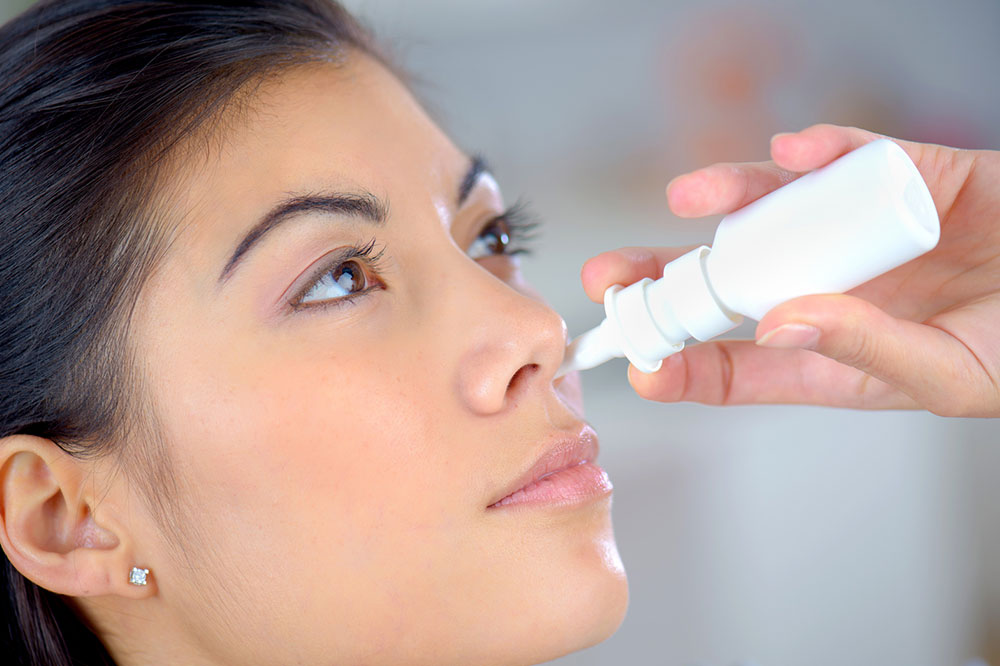
4 Effective Treatment Options for Nasal Polyps
Nasal polyps are abnormal lumps emerging on the lining of the nasal mucosa or paranasal sinuses. It is a common condition that can affect anyone. More males than females and middle-aged and young adults are more susceptible to these sac-like growths of inflamed tissues. People with a family history of nasal polyps are also at a high risk of developing nasal polyps.
Treatment for nasal polyps aims to reduce the size of the lump or remove the benign growths entirely. It tries to mitigate symptoms such as inflammation and enable you to breathe more easily through the nose. Treatment options depend on the severity of symptoms, your current health condition, the presence of other comorbid illnesses, and age. Some common treatments for nasal polyps are as follows.
1. Nasal corticosteroids
When the polyps are small or few in number, steroid sprays or nasal drops that help shrink the polyps are common prescriptions. These medicines are introduced directly into the nose as they can reduce swelling and irritation and eventually eliminate outgrowth.
2. Corticosteroid tablets
When inflammation is severe, or when the polyps are larger in size and corticosteroid sprays are not effective, oral steroid tablets are the standard treatment. These are given either as a stand-alone remedy or in addition to nasal sprays. Although steroid tablets are potent drugs that help treat nasal polyps, you should only take them for a short duration. This is to avoid the side effects of corticosteroid tablets.
3. Supplementary medicines
Medicines that reduce recurring or chronic inflammation and congestion are part of the treatment for nasal polyps. For bacterial infections, antibiotics are the solution; for fungal infections, antifungal drugs, and for allergies, antihistamines are the most popular remedies. While these do not treat the polyps directly, they help relieve symptoms of severe infection and allergies.
4. Surgery
Surgery for nasal polyps is the second line of treatment in case medicines do not work. Doctors insert an endoscopy tube into your nose and sinuses under local or general anesthesia. Then they remove the polyp growth through surgery. Thus, the nasal passage is open, releasing the blockage and allowing the free movement of air and fluids. However, even after removing polyps through surgical procedures, they can regrow over time. So a regular dosage of nasal steroids and daily rinsing of the nose with saline water is essential for post-surgery healing and prevention of the regrowth of nasal polyps.
The treatments mentioned above for nasal polyps alleviate almost all symptoms of the condition. But, it is important to note that none of them are permanent solutions. Getting regular check-ups and constant monitoring is the only way to keep annoying symptoms away and improve quality of life.



